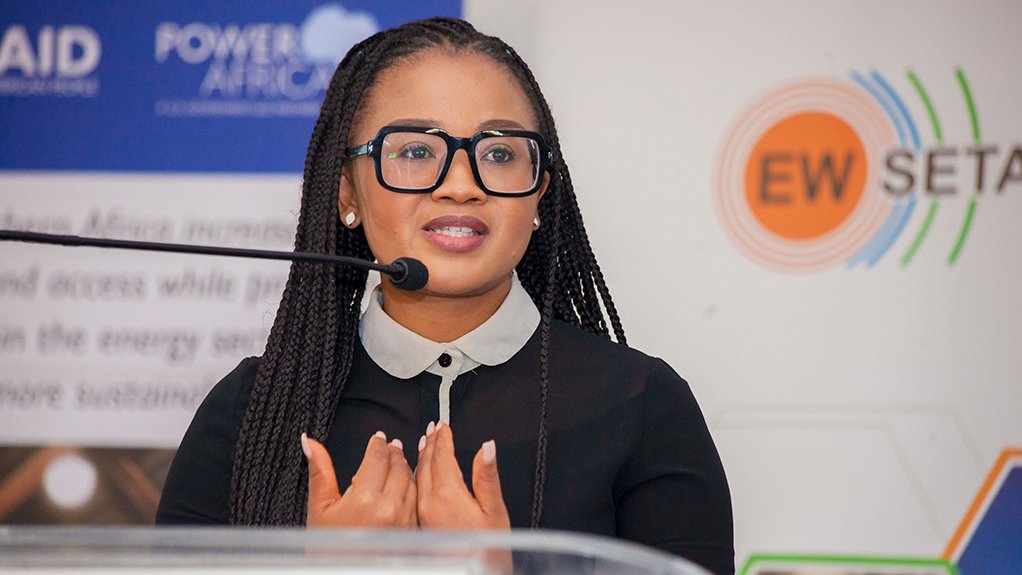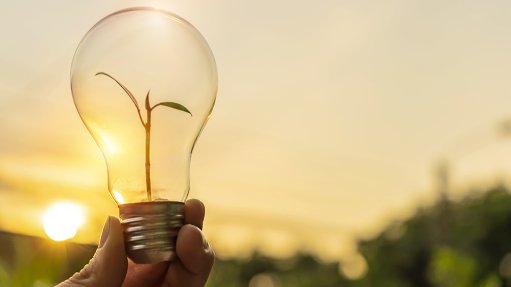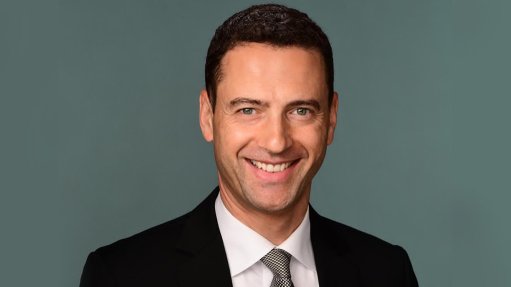EWSETA, partners to advance women in electrical, renewable energy fields in Limpopo
The Energy and Water Sector Education and Training Authority (EWSETA), the US Agency for International Development (USAID) – in support of Power Africa, a US government-led partnership – and the United Nations Development Programme (UNDP) South Africa, launched Phase 2 of the Just Energy Transition (JET) Technical Training for Women in Electrical and Renewable Energy Programme, in Limpopo, on May 10.
Women electricians and artisans in Limpopo will receive specialised technical training at seven technical and vocational education and training (TVET) colleges in the province.
EWSETA says this initiative marks a significant step forward in equipping women with the skills needed to succeed in traditionally male-dominated industries, fostering a more inclusive workforce in the sector.
Building on the success of Phase 1, which focused on three TVET colleges in Mpumalanga, Phase 2 focuses on seven TVET colleges in Limpopo.
These include Capricorn TVET College, Lephalale TVET College, Letaba TVET College, Mopani South East TVET College, Sekhukhune TVET College, Vhembe TVET College, and Waterberg TVET College.
A total of 140 women electricians and artisans, and 35 lecturers, are participating in this phase, a continuation of EWSETA’s efforts to address the skills gap in the renewable-energy sector.
The University of Johannesburg (UJ) is delivering theoretical and practical training over three weeks for the lecturers and six weeks for the learners.
“At EWSETA, we are dedicated to forging strategic alliances that propel skills development, capacitate our TVET colleges and champion gender inclusivity within the energy sector.
“Through targeted training and capacity building, we are creating pathways for women to enter and excel in this dynamic industry. Our continued collaboration with Power Africa and UNDP epitomises our steadfast commitment to amplifying women's engagement in historically underrepresented domains,” says EWSETA CEO Mpho Mookapele.
Building on Phase 1, which was implemented in 2023 for 89 women electricians and 11 lecturers from the Nkangala, Ehlanzeni and Gert Sibande TVET colleges in Mpumalanga, EWSETA says the Phase 2 programme is aimed at equipping women with the necessary skills to thrive in the rapidly growing renewable-energy sector, thereby contributing to the economic development of Limpopo communities.
By harnessing the province's abundant solar-energy resources, EWSETA says participants will be well-positioned to take advantage of emerging job opportunities in the green economy.
The JET Technical Training programme is focused on upskilling the women with the latest renewable-energy technologies and enabling them to secure meaningful employment.
The training will include the Solar PV GreenCard Assessment requirements in the curriculum.
This is a safety certification, quality assurance standard and training programme for solar PV installers.
EWSETA says it is committed to ensuring the sustainable impact of this programme by collaborating with reputable institutions such as UJ to deliver high-quality training that meets industry standards.
“As the renewable-energy sector continues to expand, these trained women will play a pivotal role in driving innovation, fostering local entrepreneurship and promoting environmental sustainability.
“This programme not only advances the Just Energy Transition in Limpopo but also catalyses broader socioeconomic transformation. By investing in women's empowerment and renewable-energy education, we are not only building a more sustainable energy future but also paving the way for a more equitable and prosperous society for all,” concludes Mookapele.
Article Enquiry
Email Article
Save Article
Feedback
To advertise email advertising@creamermedia.co.za or click here
Announcements
What's On
Subscribe to improve your user experience...
Option 1 (equivalent of R125 a month):
Receive a weekly copy of Creamer Media's Engineering News & Mining Weekly magazine
(print copy for those in South Africa and e-magazine for those outside of South Africa)
Receive daily email newsletters
Access to full search results
Access archive of magazine back copies
Access to Projects in Progress
Access to ONE Research Report of your choice in PDF format
Option 2 (equivalent of R375 a month):
All benefits from Option 1
PLUS
Access to Creamer Media's Research Channel Africa for ALL Research Reports, in PDF format, on various industrial and mining sectors
including Electricity; Water; Energy Transition; Hydrogen; Roads, Rail and Ports; Coal; Gold; Platinum; Battery Metals; etc.
Already a subscriber?
Forgotten your password?
Receive weekly copy of Creamer Media's Engineering News & Mining Weekly magazine (print copy for those in South Africa and e-magazine for those outside of South Africa)
➕
Recieve daily email newsletters
➕
Access to full search results
➕
Access archive of magazine back copies
➕
Access to Projects in Progress
➕
Access to ONE Research Report of your choice in PDF format
RESEARCH CHANNEL AFRICA
R4500 (equivalent of R375 a month)
SUBSCRIBEAll benefits from Option 1
➕
Access to Creamer Media's Research Channel Africa for ALL Research Reports on various industrial and mining sectors, in PDF format, including on:
Electricity
➕
Water
➕
Energy Transition
➕
Hydrogen
➕
Roads, Rail and Ports
➕
Coal
➕
Gold
➕
Platinum
➕
Battery Metals
➕
etc.
Receive all benefits from Option 1 or Option 2 delivered to numerous people at your company
➕
Multiple User names and Passwords for simultaneous log-ins
➕
Intranet integration access to all in your organisation





















